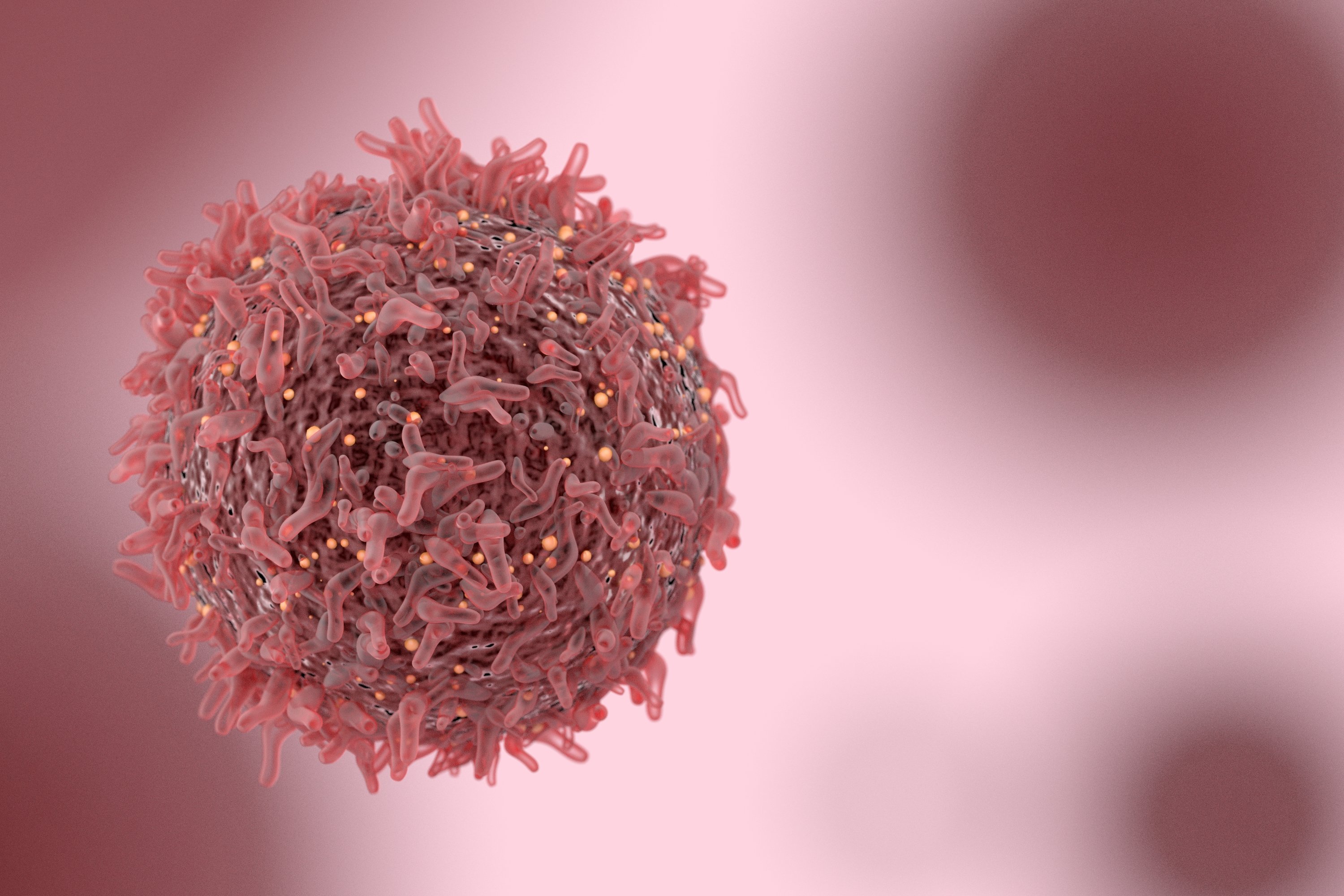Lipid Regulating Enzyme Found To Hold Key To Alleviate Risks Of Cancer
Researchers at the Rutgers University-New Brunswick have now found that abrogation of the fat modifying enzyme, phosphatidic acid phosphatase (PAP), entirely could increase the risk of cancer, inflammation, and a host of other aberrant cellular processes.
The enzyme was discovered in 1957 and Gil-Soo Han, research assistant professor in the Rutgers Center for Lipid Research, discovered the gene encoding the enzyme in 2006. The enzyme determines whether the body’s phosphatidic acid will be used to create fat, or create the lipids in cell membranes.
In the course of the study, the research team used baker’s yeast as a model organism, since it also contains the key enzyme. Study lead author Han deleted a gene in yeast to eliminate the enzyme. That led to accumulations of phosphatidic acid, with cells making far more membrane lipids than necessary, says Carman, who founded the center in Rutgers’ New Jersey Institute for Food, Nutrition, and Health a decade ago.
“We have found that maybe a more critical role for the enzyme is to make sure that cells are not making too much membrane lipid,” Carman says. “If you make too much membrane lipid, you make too much membrane and the cells are permitted to grow uncontrollably, a condition characteristic of cancer.”
They examined the the PAP-mediated regulation of CHO1-encoded phosphatidylserine synthase (PSS), which catalyzes the committed step in the synthesis of major phospholipids via the CDP [cytidine diphosphate]–diacylglycerol pathway. The team found that the lack of PAP in the pah1Δ mutant highly elevated PSS activity, exhibiting a growth-dependent upregulation from the exponential to the stationary phase of growth. Immunoblot analysis showed that the elevation of PSS activity results from an increase in the level of the enzyme encoded by CHO1.
“We have found that maybe a more critical role for the enzyme is to make sure that cells are not making too much membrane lipid,” Dr. Carman said. “If you make too much membrane lipid, you make too much membrane, and the cells are permitted to grow uncontrollably, a condition characteristic of cancer.”
Lately, the Rutgers scientists have been trying to understand the enzyme’s structure and function. The next step is to figure out how to control it, Carman says.
“The key take-home message is that things have to be balanced,” according to Carman. “To keep the balance between making storage fat and membrane lipid, you have to have balanced diet.”























